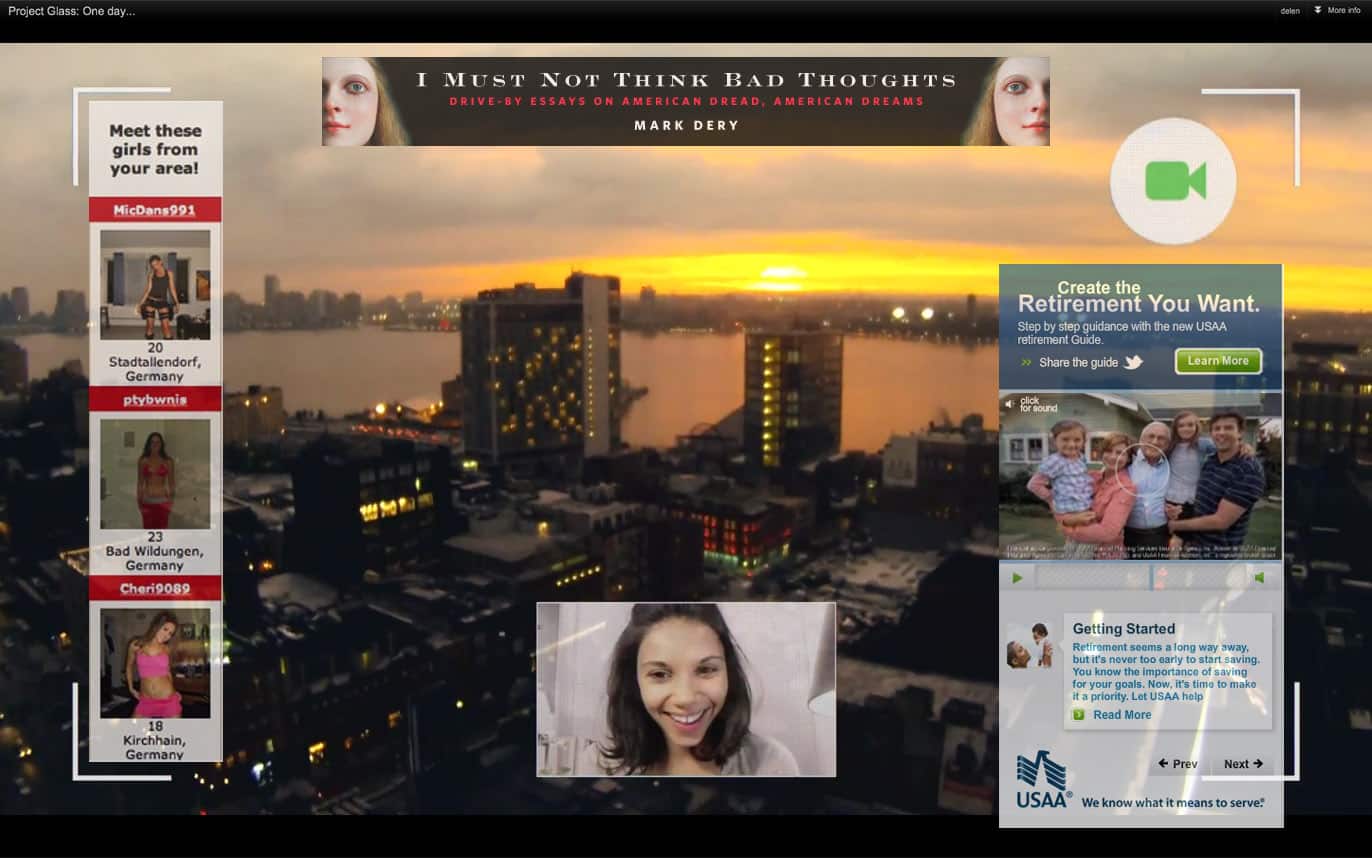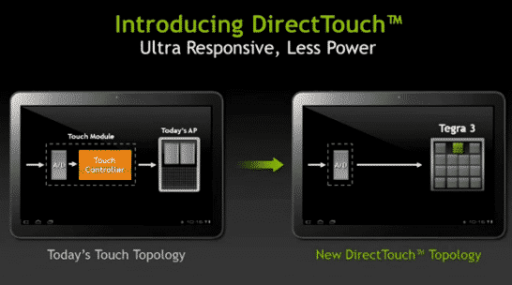Ever since Google has publicly spoken out about its Project Glass and has even shown a video depicting how the glasses will work, there has been a roaring debate in the blogosphere. Our first reaction, naturally, was that of awe over such a great product which you could wear around. But it would seem that there are a lot of possible vulnerabilities to such a product which may render it quite dangerous to use. Both possible pros and cons of Google glasses are listed below.
Why Google glasses are awesome?
Imagine you strap on a sleek pair of glasses. Now, you are able to view the world in an all new way. You can communicate seamlessly through your voice commands without having to use your hands, like you do with a smartphone, even once! You can find directions which would so real as if someone holds your finger and drops you off to the desired venue.
Not only that, you can just look at the sky, or perhaps out of your window and the glasses will display the exact weather of the day. Plan to set an instant reminder, the glasses will help. Want to let a remote person view things as you are currently viewing them? Simply turn on the video camera and that person will be able to view exactly as you seeing things.
You can read emails on the go, send messages and talk to friends without ever having to do anything with your hands. All you will have to do is give instructions via voice commands. In terms of efficiency, smartness and convenience, there could be no product as awesome as the Google glasses. But.
Why are Google glasses dangerous and undesirable?
A number of contentions have been expressed by analysts, critics and common users as soon as Google went public with the idea of Google glasses. The main problem with these glasses, a problem which is very likely, is that Google will inevitably put up ads on the display of the glasses. This may turn out to be so bad that you eventually end up ads on both sides of your ‘sight’, since you will be wearing the glasses. That can be very, very irritating.
Security of the glasses:
But that is just the tip of an iceberg. We don’t know how Google will ensure the security of this device. But could it be possible that if someone is able to ‘hack into our glasses’, he may be able to access all the details of all the things that we did on that day – it would be like reading an entire diary entry.
Intrusion into other’s lives:
Moreover, a person wearing the glasses can quietly take images of whosoever he wants. So if, say, a person goes by you wearing the glasses, you would never know whether or not he has a picture of you in his glasses. Guardian sums this up in these words, ‘Without having tried a prototype on ourselves, they seem as though they would be vaguely intrusive if not downright creepy.’
Distraction caused by notifications, increased chances of accidents:
Moreover, having notifications pop up in front of your eyes, reading messages, sending emails, talking to friends and all that right in front of your eyes – it can prove to be quite dangerous. You can bump into a pole or hit a car while, say, video-chatting your girlfriend when crossing the road. In fact, here’s an excellent demonstration, by Tim Scott, of what may be in store:
Mankind moving on to the age of robots:
Also, the fact that a mini-computer will be fixed right in front of your eyes all the time, is kind of creepy. Does that mean we should expect that in a few years, USBs could be somehow plugged into the brains and data could be uploaded and downloaded directly. Wouldn’t that make us more robots than humans? These thoughts are very valid and quite haunting. An article on Washington Post furnished the following sub-heading: “Doesn’t this mean that we’re only a few years away from having a USB port installed in our brains at birth?”
Google Plus? Really?!
During the intro video that Google released regarding the Project Glass, the person is shown sharing a photo with his Google+ circles. This calls into question Google’s stubborn support for G+ even when it has evidently failed to pitch up a significant challenge to the likes of Facebook and Twitter. Does that mean that person will be forced to use only G+, by default, when using the glasses?
Whereas there is absolutely no doubt that Google glasses are a very novel, excellent and very useful concept (now nearly a product), all these reservations that have been cited by analysts, journalists and critics are very valid. Google will have to ensure fool-proof security, ensure absolute fail-proof privacy for the users, tell us right away whether or not it has plans of clogging our sights with the annoying ads right into our visions and all the other details that users want to, and need to, know. Until then, our take is to be intrigued about it, with a pinch of cynicism.
What do you think about Google glasses? Do you think they are cool or just another product which will further push rights to privacy of individuals into a corner?
[ttjad keyword=”android-device”]



